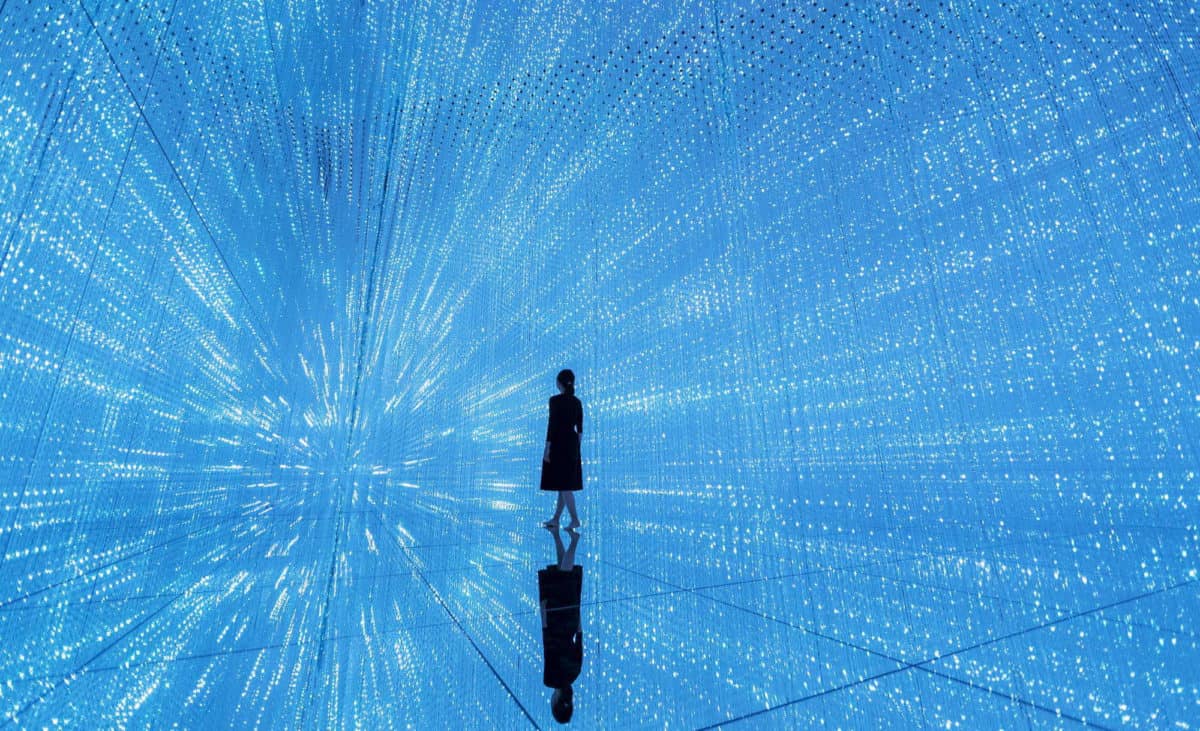Can we find the courage to deeply interrogate our subjective experience, and recognise that in a relative context there is no final truth?
In the confusing and sometimes terrifying distortion field of the post-truth world, there’s an understandable tendency to retreat back into comforting but largely unquestioned notions of what is true. If we judge the complexity we’re facing to be too overwhelming, our coping strategies kick in and we instinctively default to what we know.
It’s easily done – as our familiar metrics ebb away, we naturally look for something to hold on to, and reassure us that we have some idea what’s going on. Either that, or we just give up. We decide that we don’t know what’s true, and passively resign ourselves to being a “truth agnostic”.
Right now, that couldn’t be more understandable; we all need a refuge from the storm. But if we want to actually find a way to cope with and confront the wicked problems we face individually and as a species, we need to somehow find the courage not to retreat or give up searching. We need to maintain our composure and move forward as the storm rages.
Firstly we need to recognise at a deep level that there is no ultimate or objective truth that will finally answer any question that arises in the relative world. We can find more inclusive, comprehensive or deep explanations for relative reality, but there’s no perfect truth.
When we really let that in, we can approach the territory we want to explore with a kind of inspired uncertainty or unknowing. If we can place our own experience in context, framing it as one of many perspectives rather than as an absolute position, we can begin to loosen the bonds of our subjectivity.
If we can deeply recognise that there’s no final truth, while simultaneously understanding that some conclusions and perspectives are better than others, we can activate an inspired capacity to look at relative reality from many different viewpoints and angles. We can begin to lean into the complexity without becoming overwhelmed by it.
As we find this capacity within ourselves, it becomes ever more likely that, among the superabundance of available views, we can find the best or deepest answer to our predicament – and in the process open ourselves up to a level of inquiry that is deeply fascinating, satisfying and enriching.
Finally, if we can learn to embrace the complexity of the relative world while resting in the inherent freedom of enlightened awareness, we can begin to embody a more evolved understanding of non-duality – and simultaneously find a refuge from the storm without ever retreating from it.
In this talk, Andrew Cohen invites us to dive into inspired uncertainty as a way to hold the overwhelming complexity of the relative world. Can we find the courage to deeply interrogate our subjective experience, and recognise that in a relative context there is no final truth?
